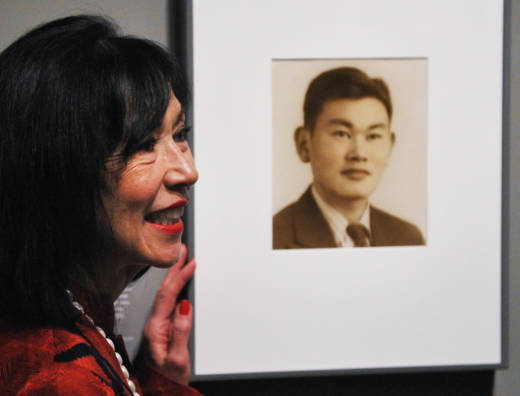Donald Trump is not the first president to issue executive orders that single out specific racial or ethnic groups.
Nearly 75 years ago, President Franklin Delano Roosevelt issued Executive Order 9066, allowing for the internment of Japanese-Americans. Then 23-year-old Californian Fred Korematsu refused to get on the bus to go to the camps and took his battle all the way to the U.S. Supreme Court, where he ultimately lost.
"I felt I knew I was an American citizen, but with everyone against you, the government against you and no one to help you, I figured it was just a slim chance," Korematsu told filmmaker Steven Okazaki in 1983 about his decision to resist the order. "But I was going to see what I could do and see what happens."
Korematsu's daughter, Karen, had never heard of Japanese internment until one of her friends was giving a book report in her high school social studies class in the 1960s and mentioned the landmark Supreme Court case Korematsu v. United States.
"'Oh,' I said to myself, 'That's my name,' and I had 35 pairs turning around looking at me," Karen said. "And I'm shrugging my shoulders thinking it was some black sheep of the family."
